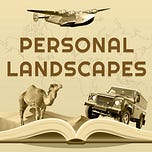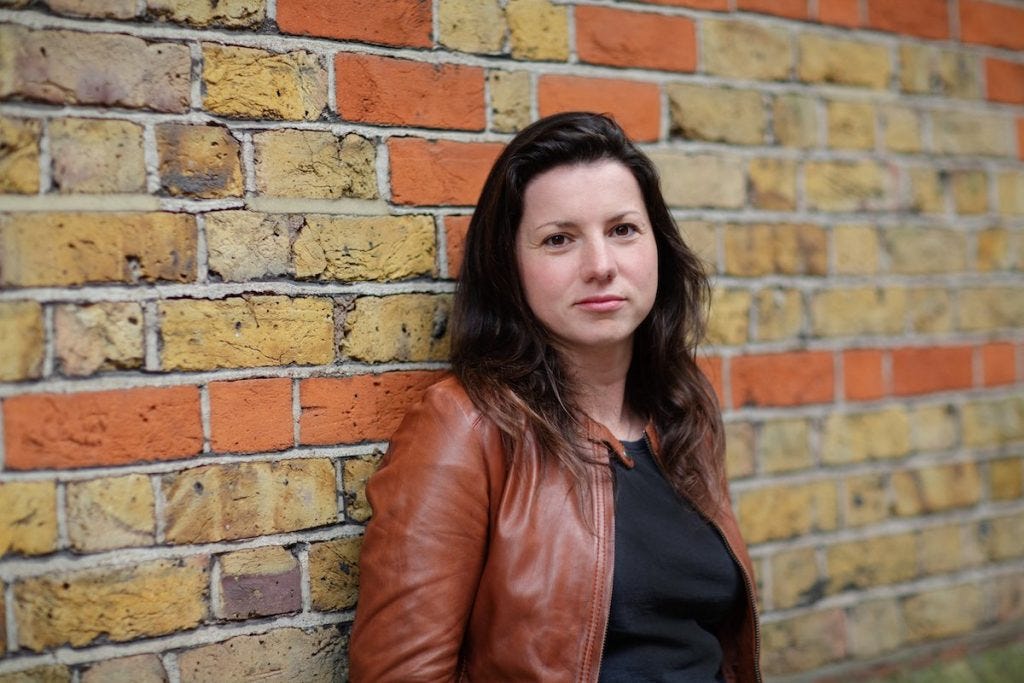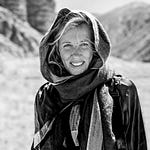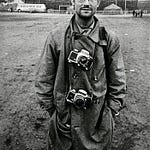Katja Hoyer’s history of East Germany changed the way I look at the late twentieth century word I grew up in, and put a human face on the other side of the Cold War.
Eighties movies and television portrayed it as a vast open-air prison populated by monotonous grey blurs without individuality or agency — and it was widely militarized, watched over by the Stasi and by a nervous leadership that saw itself as under seige.
But the GDR was not a static land that time forgot.
By telling the story of East Germany through the lives of ordinary people, Hoyer paints a picture of a complex society where material needs were largely met, with state-sponsored education, job and training opportunties, childcare and affordable holidays. East Germans had a sense that they were building something together — at least in the beginning.
She also grapples with the ongoing challenges of reunification, and the tension between a Germany that sees the GDR as an aberration, and the desire of East Germans to hold on to their memories of a life they lived in colour.
Katja Hoyer is the author of Beyond the Wall: East Germany 1949 – 1990, and Blood and Iron: The Rise and Fall of the German Empire 1871–1918. She’s a columnist for the Berliner Zeitung, and a regular contributor to The Spectator, The Daily Telegraph and UnHerd.
You can read more about her on her website, and follow her on Substack and Twitter.
She joined me on Personal Landscapes to talk about daily life in East Germany, why the Berlin Wall reduced Cold War tensions, and why tinned soup became a modern political controversy.
These are the books we mentioned in the podcast:
We also mentioned:
Katja’s article on the utopian steel town of Eisenhüttenstadt
Katja’s article about the controversy over tinned soup
You can listen to Personal Landscapes: Conversations on Books About Place on iTunes, Spotify, Stitcher, Podbean, Google Podcasts, Audible, PlayerFM, and TuneIn + Alexa.
Please subscribe, and rate the podcast or leave a review.
Your support is greatly appreciated.









Share this post